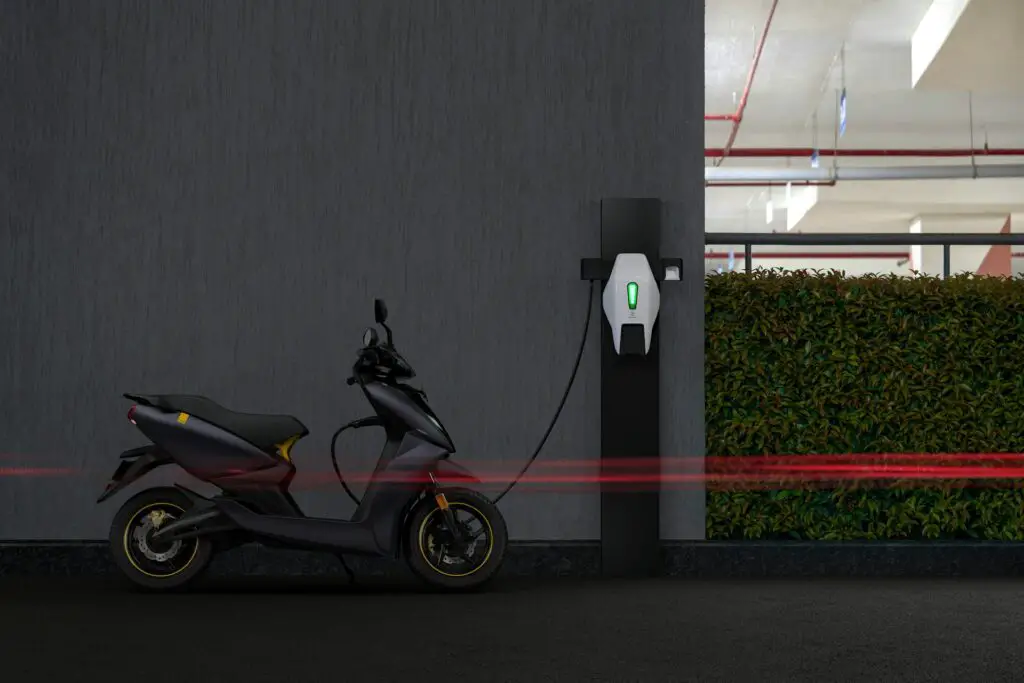Searching to find out if you can charge an electric scooter every day? Electric scooters have rapidly become the go-to option for eco-friendly and efficient urban commuting. But if you’re using one daily, you may wonder: is it okay to charge your electric scooter every day?
The short answer is yes, but there’s more to the story. Let’s dive into the details and best practices to ensure your scooter’s battery remains healthy for the long haul.
Understanding Electric Scooter Batteries
Most modern electric scooters use lithium-ion (Li-ion) batteries due to their superior energy density, longer lifespan, and reliability. These batteries are designed to handle hundreds of charge cycles, which means you can charge your scooter daily without significant harm—provided you follow proper charging protocols.
A charge cycle is a full discharge and recharge of the battery. Partial charging—topping up your scooter without depleting it entirely—counts as only a fraction of a cycle, which can extend the battery’s life.
Why Charging Every Day Is Often Necessary
If you’re riding your scooter daily, especially for longer distances, recharging frequently is essential to maintain range and performance. Many scooters have a range between 15 and 40 miles on a single charge, depending on the model. For daily commuters, it’s not uncommon to use up a significant portion of the battery in one trip.
Charging every day ensures that your scooter is ready to go whenever you need it, preventing the inconvenience of running out of battery mid-ride.
Best Practices for Daily Charging
While daily charging is generally safe, how you charge your scooter can significantly impact the battery’s health. Here are some tips to maximize battery longevity:
1. Avoid Fully Draining the Battery
Lithium-ion batteries don’t respond well to being completely discharged. Letting the charge level drop below 20% too often can degrade the battery faster.
2. Don’t Overcharge
Most electric scooters have built-in mechanisms to stop charging once the battery is full. However, leaving your scooter plugged in for extended periods—such as overnight—can still generate heat, which might shorten the battery’s lifespan over time. Use a timer or check periodically to avoid overcharging.
3. Charge in a Cool Environment
Extreme temperatures are a battery’s worst enemy. Avoid charging in direct sunlight or freezing conditions. Aim for a stable, room-temperature environment to maintain optimal battery performance.

4. Use the Manufacturer-Approved Charger
Always stick to the charger provided by the manufacturer. Generic chargers may not provide the correct voltage or current, potentially damaging your battery.
5. Charge to 80–90% When Possible
Regularly charging to 100% can stress the battery. Unless you need the full range for a long trip, aim for an 80–90% charge level for day-to-day use.
Benefits of Daily Charging
Charging every day comes with its perks:
- Convenience: You’re always prepared for your next ride.
- Consistent Performance: Daily charging helps maintain consistent speed and power output.
- Battery Health Maintenance: By keeping your battery in the optimal charge range, you can avoid deep discharges that can harm its lifespan.
When Not to Charge Every Day
In some cases, daily charging might not be necessary:
- Light Usage: If you only ride short distances and still have plenty of battery life left, you can skip a day or two between charges.
- Extended Storage: If you’re not using your scooter for an extended period, store the battery at around 50% charge to prevent degradation.
Final Thoughts
Charging your electric scooter every day is perfectly fine, provided you follow the best practices to protect the battery. With proper care, your scooter’s battery can last for years, delivering reliable performance for all your commuting needs. By understanding how to manage your battery’s health, you’ll extend its lifespan and enjoy a smoother and more reliable ride every day.
Discover more from Chikwem
Subscribe to get the latest posts sent to your email.